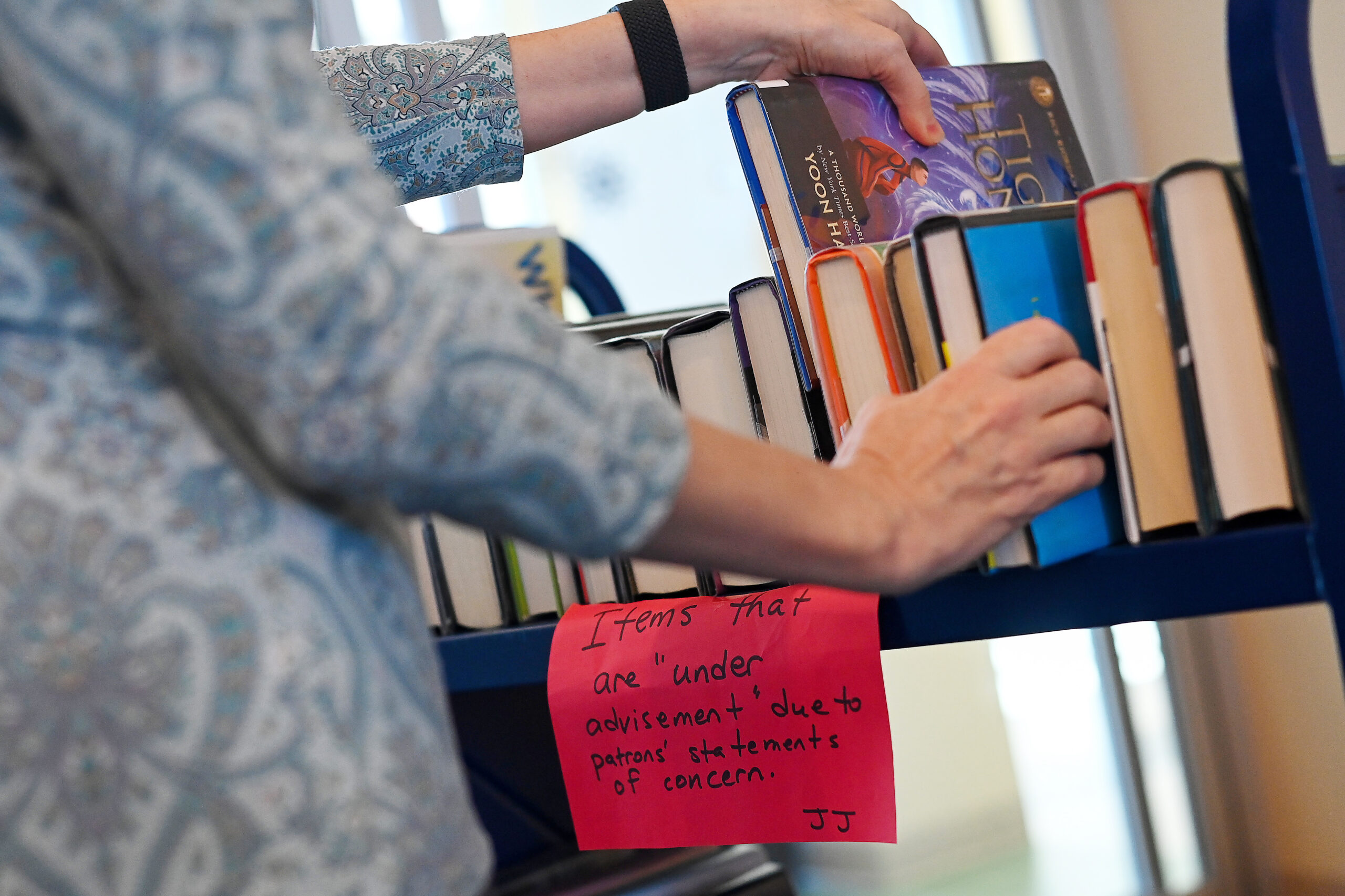In the face of an alarming rise in book bans across the country, the San Francisco Public Library is taking matters into its own hands—by hosting its first-ever Freedom To Learn Summit led by the literary organization PEN America, which strives to protect free expression.
The March 25 summit, created specifically for high school students, includes thematic workshops and activities aimed to equip teens with skills to combat book-banning and educational censorship.
“Young people should have access to a broad array of materials,” said Naomi Jelks, racial equity manager at the SFPL. “Most of the books that are challenged deal with Black and LGBTQ+ life, and that’s no coincidence.”
Curriculum—and school environments—have become a battleground in the ongoing culture wars, most recently with Florida’s ban on an AP African American Studies course, which led to intense backlash.
Florida Gov. Ron DeSantis has been at the forefront of the censorship movement in the Sunshine State, championing 2022’s Stop W.O.K.E law, which forbids everything from the 1619 Project to the teaching of “critical race theory,” which is not actually taught in most K-12 schools but has become a code word for any teachings about racial injustice in the U.S.
Yet Florida is not the only state to increasingly rely on bans to muzzle freedom of speech. Eighteen states have passed laws restricting the teaching of race-related education, as the subject of critical race theory—an academic theory once limited mostly to university classrooms—became a flashpoint.
While we may feel we are in a protected bubble in the Bay Area, we are certainly not immune to the risk of censorship, Jelks said.
“Ten percent of San Francisco voted for Donald Trump—anything is possible,” Jelks cautioned. “It only takes a small number of people to consistently create change.”
Educators across the country are reexamining educational materials for children, and librarians are under intense scrutiny.
Jelks sees a through line between the current wave of censorship and Covid. During the pandemic, parents became more active in school board discussions.
“It created more inquiry by some parents as to what’s being learned in school,” said Jelks, who previously worked as a librarian for 12 years.
Despite what supporters of book bans claim, Jelks doesn’t believe this kind of censorship is actually about protecting children.
“We can’t even pass comprehensive gun reform,” Jelks said. “My child practices several times a year how to survive gun violence.”
Books, Jelks argues, are not the real threat.
